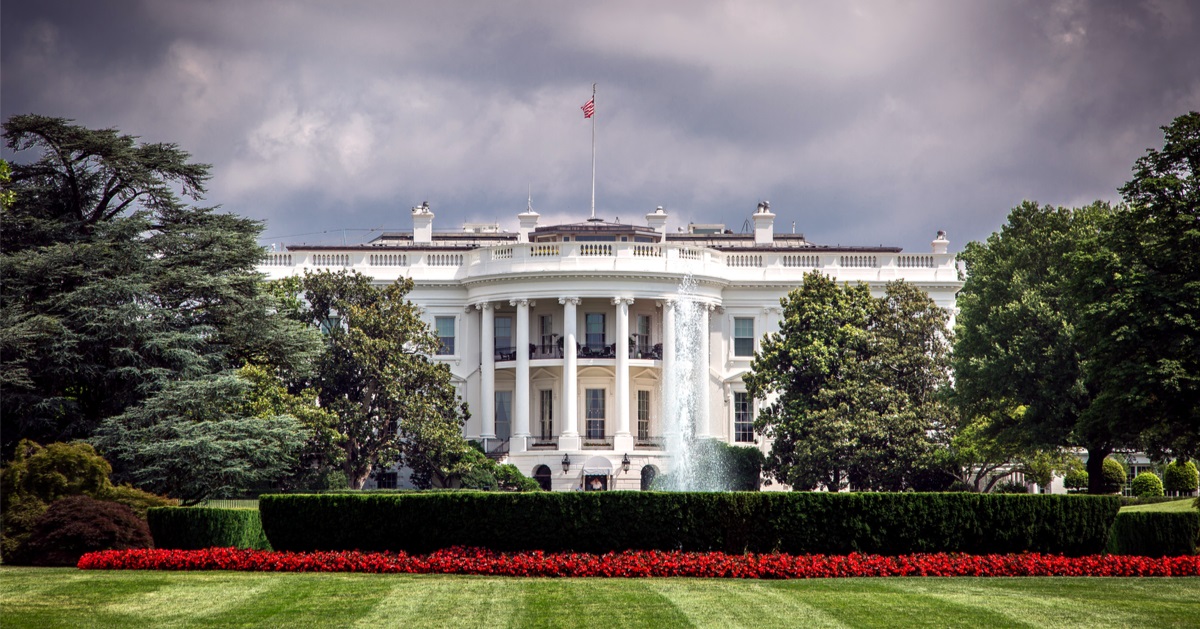Alzheimer's expert and Stanford University president steps down over research scandal
An influential neuroscientist has resigned from his position as president of Stanford University over findings that he supervised flawed and manipulated research, some of which dealt with Alzheimer's.
An investigation found that five papers in which Marc Tessier-Lavigne was a principal author had serious mistakes and four of them were based on manipulated data.
The most significant paper, an influential 2009 article on Alzheimer's in the journal Nature, was of poor quality for "a paper of such potential consequence" but did not contain fraudulent data, the investigators found.
"Although the report clearly refutes the allegations of fraud and misconduct that were made against me, for the good of the University, I have made the decision to step down as President," Tessier-Lavigne said.
University president forced out
The 2009 paper was completed while Tessier-Lavigne was working at Genetech, which hailed the study as a breakthrough in understanding the effects of Alzheimer's on the brain.
When issues with the paper emerged, Tessier-Lavigne failed to correct or retract it, instead publishing a series of follow-up articles, a course the investigators called "suboptimal, particularly given the attention the paper originally received."
The investigation also found he was not forthcoming about correcting four other papers that contained manipulated images, although the report said he had no knowledge of the manipulation when it occurred. He will correct two papers, including the 2009 Alzheimer's paper, and retract three others.
The papers were all published before Tessier-Lavigne became the university's president in 2016. Concerns about his research led the university's board of trustees to launch an outside investigation.
Mix-up?
The investigation rebutted the most serious claim against Tessier-Lavigne: that the 2009 Alzheimer's paper contained fabricated research.
Calling the claim "mistaken," the report echoed the findings of an investigation by Genetech, which found there was no wrongdoing in its research.
The report did not otherwise dwell on how it reached the conclusion the claim was "mistaken," but it attributed the accusation to a mix-up with a contemporaneous incident involving another Genetech researcher who did engage in fraud.
That researcher co-authored a paper with Tessier-Lavigne, with Tessier-Lavigne as the principal author, that was withdrawn from publication at the time.
The report also found the culture in Tessier-Lavigne’s labs "tended to reward" researchers who "could generate favorable results" and "marginalize or diminish" the so-called "losers" who couldn't generate such data, although the report said Tessier-Lavigne had nothing to do with fostering that culture.
Academic fraud in spotlight
Tessier-Lavigne is an influential neuroscientist with "more than 220 papers, primarily on the cause and treatment of degenerative brain diseases" under his belt, the New York Times reported.
He opened the first new school at Stanford in decades, the Doerr School of Sustainability, which studies climate change.
Matthew Schrag, an Alzheimer’s expert at Vanderbilt University, said research fraud is a bigger problem than many scientists want to admit.
“In science at large and certainly in neuroscience, we’re seeing more episodes of data manipulation than any of us should feel comfortable with,” he said. “It’s something that many of us are not comfortable talking about openly. And I think that we need to have this conversation."
Despite the scandal over his research, Tessier-Lavigne will remain a biology professor at the selective university, which is continuing to deal with the fallout of a separate controversy over academic freedom.
Stanford announced Thursday it was parting ways with the "diversity, equity, and inclusion" dean who joined law students months ago in heckling a conservative judge. The ugly scene renewed a national debate on free speech and "cancel culture."






